Breathing clean air in your home is crucial for good health. In Dallas, where pollen and pollution levels can be high, keeping the air inside your house fresh and clean is even more important. Thankfully, there are several easy and effective ways to make the air in your home healthier.
Changing your air filters regularly is one of the simplest ways to improve indoor air quality. Air filters trap dust, pollen, and other particles, preventing them from circulating through your home. When filters get clogged, they can’t work effectively, making the air less clean.
Another way to boost air quality is by using air purifiers and placing plants around your home. Air purifiers can remove harmful particles and allergens, while plants can act as natural air filters, absorbing pollutants and releasing fresh oxygen.
Proper ventilation is also key to maintaining good air quality. Letting fresh air in and pushing stale air out helps reduce indoor pollution levels. Using exhaust fans in kitchens and bathrooms and opening windows when the weather is nice can make a big difference.
Lastly, reducing household pollutants like tobacco smoke, pet dander, and chemical cleaners can help keep your home’s air fresh and clean. By taking these steps, you can create a healthier indoor environment for you and your family.
These methods show that improving the air in your Dallas home doesn’t have to be complicated. Small changes can lead to big improvements in the quality of the air you breathe every day.
Importance of Regular Air Filter Changes
Changing your air filters regularly is essential for good indoor air quality. Air filters trap dust, pollen, pet dander, and other particles that can lower the air quality in your home. When these filters become clogged, they can’t do their job properly, and these particles circulate through the air, making it less healthy to breathe.
It’s a good idea to check your air filters at least once a month. If they look dirty or clogged, it’s time to change them. Most filters need replacing every 1 to 3 months, depending on factors like the number of people in your home, if you have pets, or if anyone in the household has allergies. Keeping an eye on your filters can help ensure that the air in your home remains clean.
Using high-efficiency filters can also make a significant difference. These filters capture smaller particles and can improve air quality even more. Regularly changing your air filters not only keeps the air cleaner but also helps your HVAC system work more efficiently, reducing energy costs and extending the life of your system.
Use of Air Purifiers and Plants
Adding air purifiers to your home can greatly improve indoor air quality. Air purifiers remove harmful particles, allergens, and even some bacteria from the air, making it safer to breathe. They are especially helpful for people with allergies or asthma, as they reduce the number of irritants in the air.
When choosing an air purifier, look for one with a HEPA filter. HEPA filters are highly effective at trapping small particles, such as pollen and pet dander. Place the air purifier in areas where you spend most of your time, like the living room or bedroom, to get the maximum benefit.
Houseplants are another great way to improve air quality naturally. Certain plants, like spider plants, peace lilies, and snake plants, are known for their ability to absorb pollutants and produce oxygen. Adding a few of these plants around your home can help purify the air and add a touch of greenery to your space.
Creating a mix of using air purifiers and adding houseplants can significantly boost the air quality in your Dallas home. Both methods work well together, providing a cleaner and healthier indoor environment for you and your family.
Proper Ventilation Techniques
Proper ventilation is essential for keeping the air in your home fresh and clean. Good ventilation helps remove stale air and bring in fresh air, reducing the concentration of indoor pollutants. There are several ways to improve ventilation in your home.
One way is to use exhaust fans in areas like the kitchen and bathroom. Cooking and showering can release a lot of moisture and odors into the air. Exhaust fans help remove this air, preventing it from spreading throughout your home. Make sure to use these fans whenever you’re cooking or taking a shower.
Another method is to open windows and doors when the weather allows. This can be especially helpful during mild days in Dallas. Letting fresh outside air come in and pushing out the stale indoor air can make your home feel more refreshing. Just be mindful of outdoor pollution levels and allergens, and close windows if you notice any negative effects.
You can also consider adding ventilation systems like whole-house fans or attic fans. These systems help circulate air throughout the entire home, making it easier to maintain good air quality. Proper ventilation not only improves air quality but can also help regulate indoor temperatures, making your home more comfortable.
Reducing Household Pollutants
Reducing household pollutants is another important step to improve indoor air quality. Common pollutants include tobacco smoke, pet dander, dust mites, and chemicals from cleaning products. Taking steps to minimize these pollutants can make a big difference in the air you breathe.
First, avoid smoking indoors. Tobacco smoke is one of the most harmful indoor pollutants and can linger in the air for a long time. If you smoke, do it outside to keep the air inside your home cleaner.
Regularly grooming and bathing pets can help reduce the amount of pet dander in the air. Vacuuming frequently and using a vacuum with a HEPA filter can also help trap pet hair and dander, keeping it out of the air you breathe.
Use natural or non-toxic cleaning products whenever possible. Many commercial cleaners contain chemicals that can release harmful fumes into the air. Opt for products labeled as non-toxic, or make your own cleaning solutions using simple ingredients like vinegar and baking soda.
Lastly, reduce the use of synthetic air fresheners and candles, which can release chemicals into the air. Instead, use natural options like essential oils or simply ventilate your home to keep it smelling fresh.
Conclusion
Improving the air quality in your Dallas home doesn’t have to be complicated. By changing air filters regularly, using air purifiers and houseplants, ensuring proper ventilation, and reducing household pollutants, you can breathe easier. Each of these steps works together to create a healthier indoor environment, making your home a more comfortable place to live.
Taking the time to improve your home’s air quality can have significant benefits for your health and well-being. Fresh, clean air can reduce allergy symptoms, improve sleep, and even boost your mood. It’s worth the effort to make these changes and enjoy the benefits of better indoor air.
If you need help with your HVAC system or want more tips on improving air quality, contact Spire Heating and Air Conditioning. Our experts are here to help you create the healthiest home environment possible. Contact us today to learn more and schedule an HVAC maintenance service.


